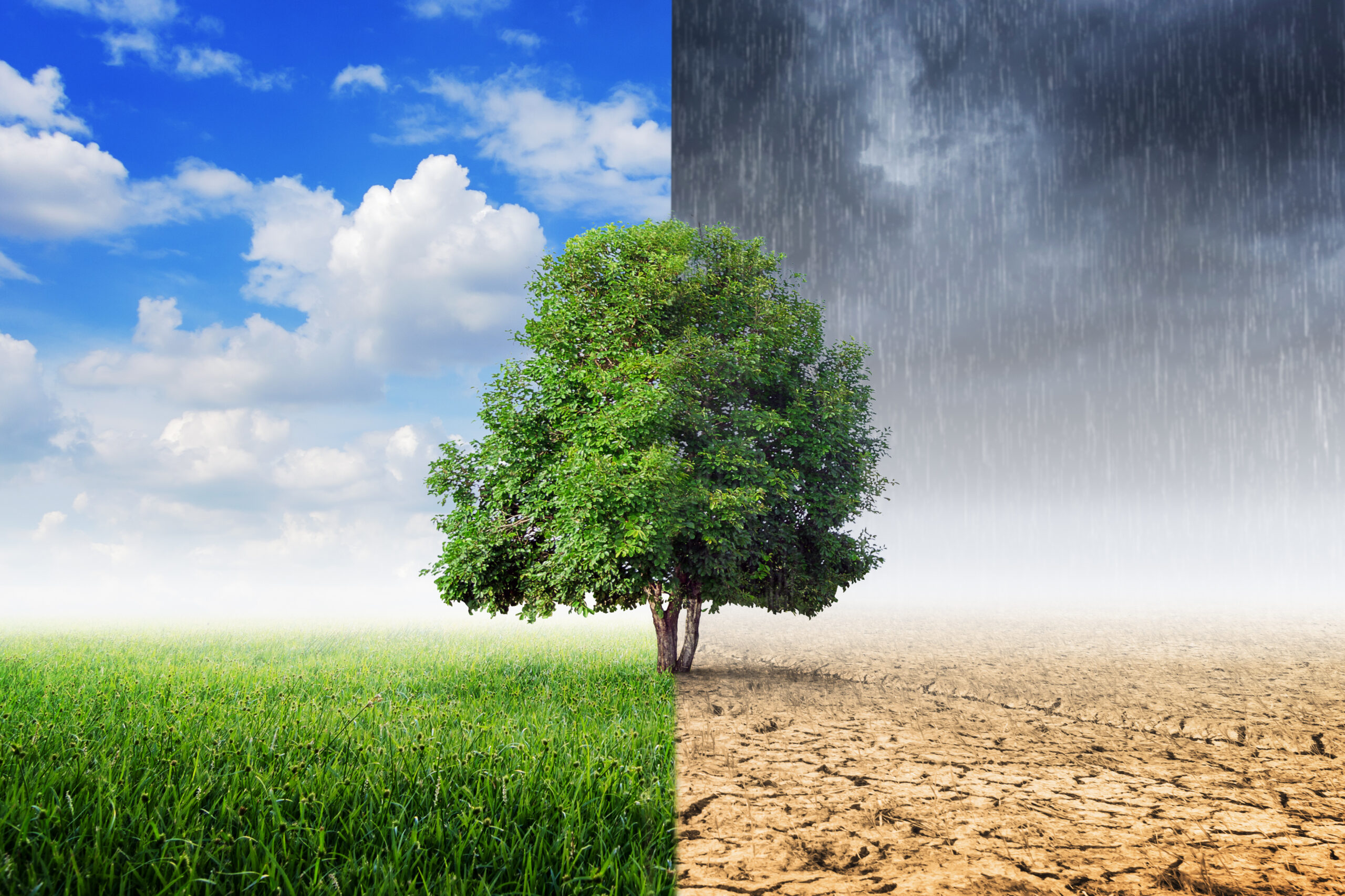ASTANA – One Water Summit aims to increase collaboration among states and major stakeholders with plans to deliver concrete solutions to global water challenges, the summit representatives from France and Kazakhstan announced during an Oct. 21 joint online press briefing.

Photo credit: Shutterstock
The One Water Summit, co-organized by France’s President Emmanuel Macron, Kazakhstan’s President Kassym-Jomart Tokayev and the World Bank, will bring the global community together to tackle water-related issues. It will be held in the margins of the 16th session of the Conference of the Parties to the UN Convention to Combat Desertification (UNCCD COP16) on Dec. 3 in Riyadh, Saudi Arabia.
According to Barbara Pompili, the special envoy to the President of the French Republic for the One Water Summit, water issues have long been underestimated despite their strong connection to climate change, biodiversity, and pollution.
“In nine cases of ten, climate change adaptation issues are linked to water management. Nine out of ten natural disasters are also related to water. Today, we face both water scarcity, such as drought, and excess water, such as floods and heavy rains. There is, of course, the very concerning demand for water expected to increase by 50% by 2030, while one person out of four still lacks safe drinking water,” said Pompili.
She said that while the priorities set at the UN 2023 Water Conference last year in New York are making an impact, more collaboration is required to achieve meaningful progress.
“The conference was a crucial milestone, but there was clearly a lack of political will: too few heads of state and political authorities were there during this conference, and we need to create the framework necessary for strong results. We need all heads of state and governments to sit down with all stakeholders and assess the national priorities facing water issues,” said Pompili.
“Achieving global objectives still requires greater mobilization, particularly of funding and the identification of sustainable solutions. With this in mind, coalitions around concrete solutions need to be further strengthened. So we cannot wait anymore to elevate the topic of water at the level of heads of state and government, and this is why the One Water Summit will be organized,” she added.
Zulfiya Suleimenova, advisor to the President and special representative of the President of Kazakhstan for international environmental cooperation, highlighted Kazakhstan’s water-related challenges, including the shrinking of the Aral Sea, transboundary water management, and glacier loss – all of which require urgent collaborative action.
“I visited our glaciers. The Tuiyksu glacier that Kazakhstan has been observing since 1958, retreated since then by over a kilometer, and lost about a third of its volume. We sometimes find ourselves thinking, what does the future hold for us?” she said.
“Of eight river basins of Kazakhstan, seven are transboundary. So naturally, we can not speak about transboundary water cooperation, joint management, and cooperative approaches. This year, Kazakhstan assumed the chairmanship in the International Fund for Saving the Aral Sea, and of course, we will be further promoting the cooperative approaches,” added Suleimenova.
She also announced key priorities at the agenda of the One Water Summit.
“The summit aims to contribute to the ongoing United Nations discussions and the processes to enhance the global water governance, to accelerate the action on SDG 6 (Sustainable Development Goals) on water and sanitation and all SDGs, building on the momentum of the UN Water Conference in 2023. In fact, the aim of the summit is to act as an incubator of solutions in preparation for the next UN Water Conference that will take place in 2026,” said Suleimenova.
The One Water Summit aims to foster partnerships across all sectors—governments, businesses, banks, scientists, and civil society—to develop concrete solutions for water issues. The agenda will address strengthening transboundary cooperation, exploring technical solutions, and finding ways to bridge the global financing gap in the water sector.
“We believe that governments, local authorities, and private actors have an essential role to play in innovating, investing in infrastructures of tomorrow, but also about reducing the water footprint of what we are doing and at the scale of global value chains, because we really have to think about what is our value, what is our water footprint,” said Suleimenova.
“The work and deliverables of the summit will be organized around key areas, including promoting transboundary water cooperation, sharing and financing the solutions needed for water management, promoting a net zero water agenda to encourage firms to become more responsible and sensitive to water issues and reduce their water footprint, scaling up the protection of freshwater ecosystems,” she added.
